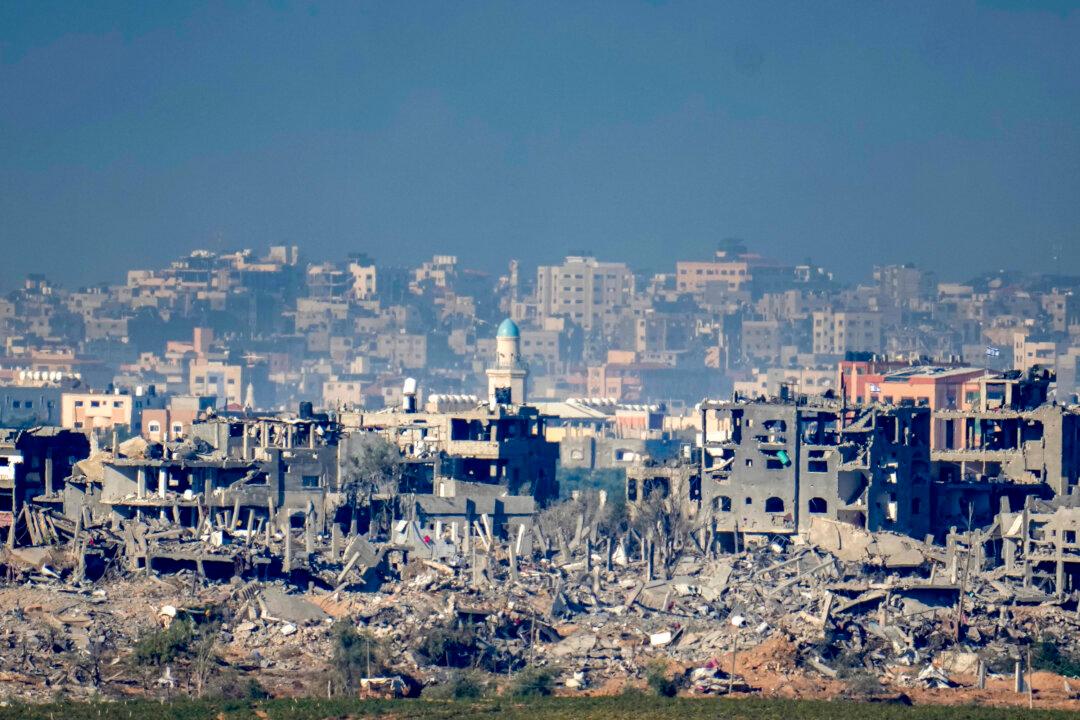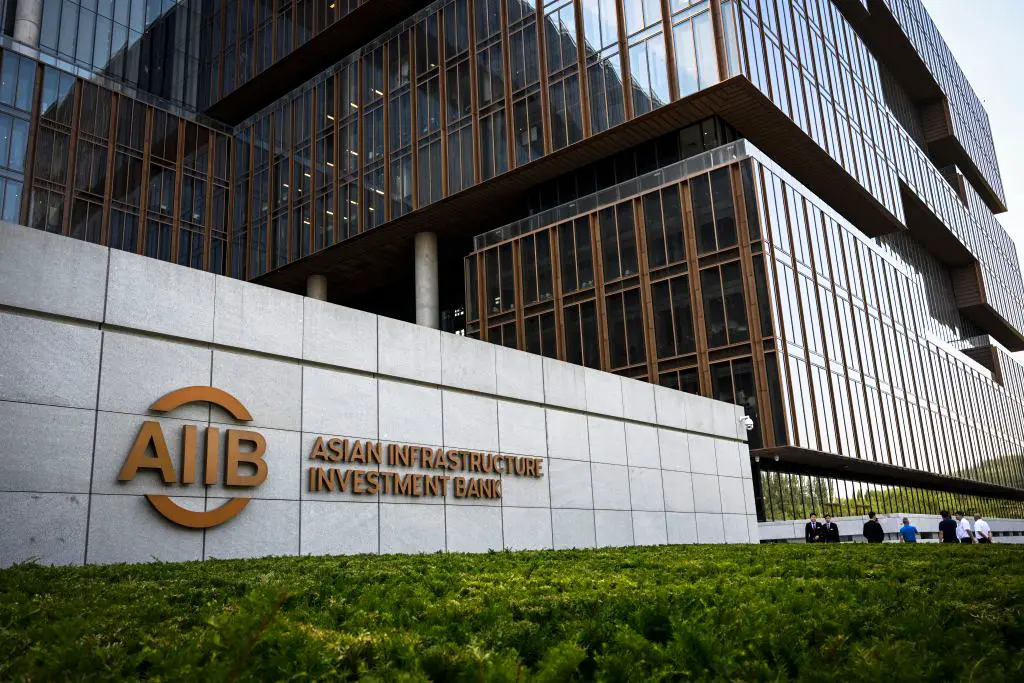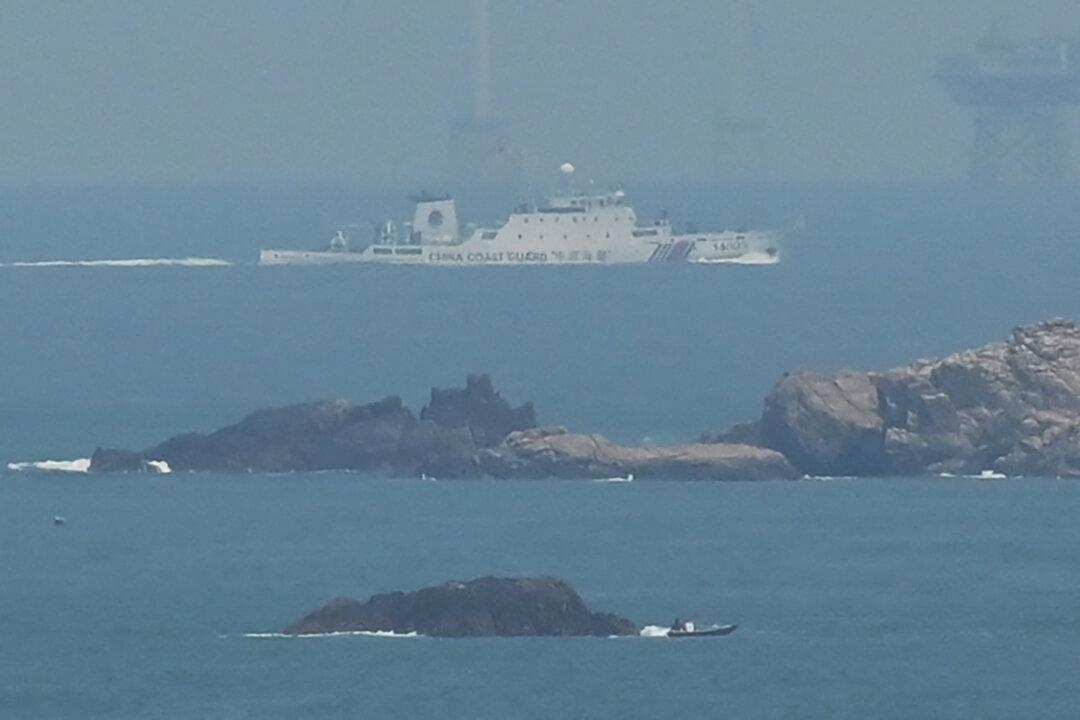Commentary
With Israel well on its way to controlling all of Gaza, talk is turning to who will control it after the fighting stops. While Israel may retain control for the foreseeable future, it wants no part of Gaza. Its government left Gaza in 2005, taking with it every Jew residing in Gaza and even every Jew buried there. And Israel isn’t alone.






